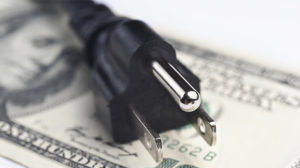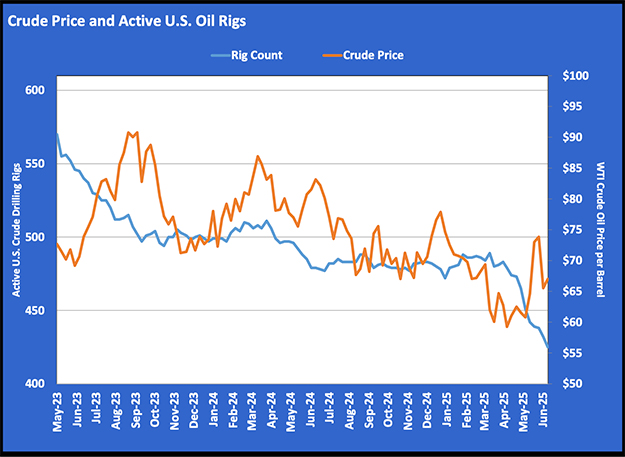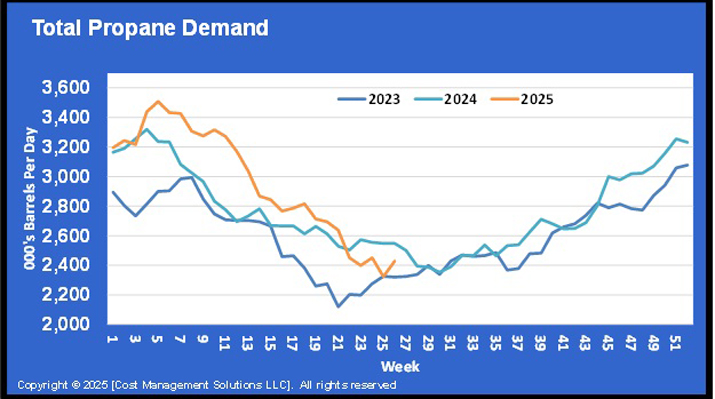Let’s get serious about the national energy conversation
In today’s fast-paced digital world, we are bombarded with daily messages about wind and solar power and other sources of “green” energy. Many candidates in the upcoming 2020 election cycle are trying to outdo one another on who is the biggest supporter of green energy and doing away with all things related to fossil fuel.

Propane in most parts of the country costs less than electricity on a Btu basis. Photo: iStock.com/choness
Most green energy goes into a funnel and comes out of the bottom in the form of very expensive electricity. The wind and sun may be free, but the infrastructure and production costs of electricity from these sources are not. That is why most forms of renewable energy are heavily subsidized by the federal government and rate payers, in the hope that it will be commercially viable and competitive at some point in the future.
Electric public utilities and rural electric co-ops are scrambling to make bold new business plans to provide all or a major portion of their electricity from renewable resources in the next decade or two. Most electric utilities have “bold new business plans” regarding green energy because they made even less aggressive projections in an old plan and still fell short of those expectations. In other words, these bold new business plans are unrealistic PR campaigns aimed at staying in the popular green conversation.
Meanwhile, back in propane country, we are quietly competing with electricity in three important ways:
Energy cost – Propane in most parts of the country costs less, a lot less than electricity on a Btu basis. Propane is in plentiful supply, and propane prices are projected to remain moderate in the long term. In comparison, the long-range outlook for the cost of electricity is grim, due to the scramble to incorporate renewable energy sources.
Environment – Propane has an immediate positive impact on the environment whenever it replaces or is chosen in favor of electricity. Consumers don’t have to wait a decade or two for their electric utilities to produce electricity from renewable sources. Propane is cleaner today!
Workload – Propane is a workhorse compared to electricity. Propane does more work and faster than electricity. Take water heating, for example. A propane water heater, whether it be a tankless or storage tank model, heats more water faster than a comparable electric model. It isn’t even a close race. Propane wins, hands down.
Yes, there are pockets of the country where electricity costs less than propane, but the environmental and workload advantages of propane should outweigh the cost difference. Is paying less for a cold shower really an advantage?
The propane industry should be more involved in the national energy conversation than it is now.
I give the Propane Education & Research Council (PERC) kudos for updating its digital platforms. This digital approach to message delivery gives the propane industry an on-ramp to the national energy conversation. Now it is time to adjust the messages being delivered. While the recently developed “Propane Can Do That” campaign may play well with some consumers, it may not impact those influencers with whom we should communicate at the national level.
Remember, propane does more for less cost and will do it cleaner than electricity for decades to come. Propane marketers can easily tell this story locally, but who is going to shape the right propane story at the national level? It is time that PERC puts propane in the national energy conversation.
Tom Jaenicke is vice president of propane marketing services for Warm Thoughts Communications. He can be reached at tjaenicke@warmthoughts.com or 810-252-7855.
















